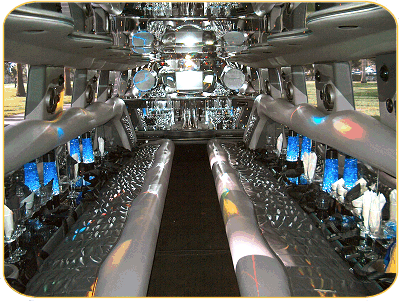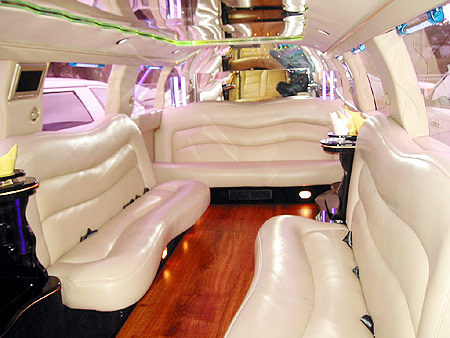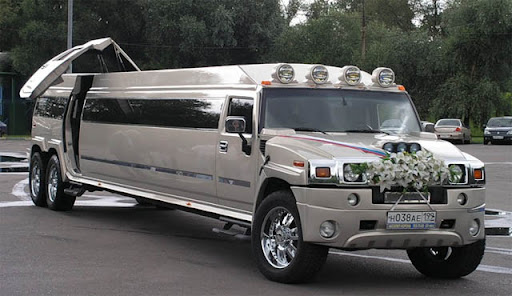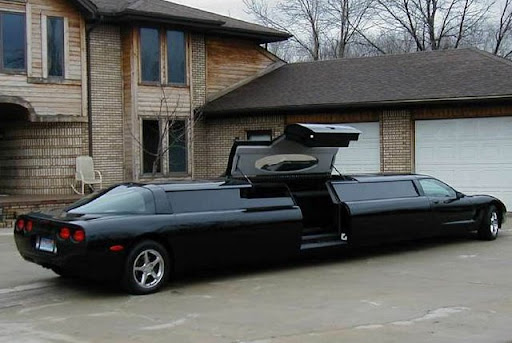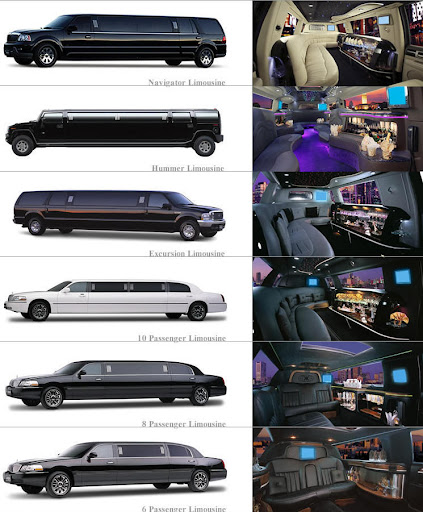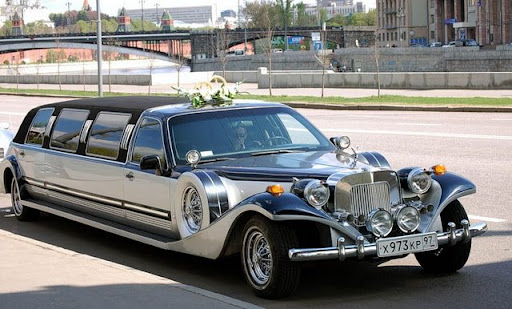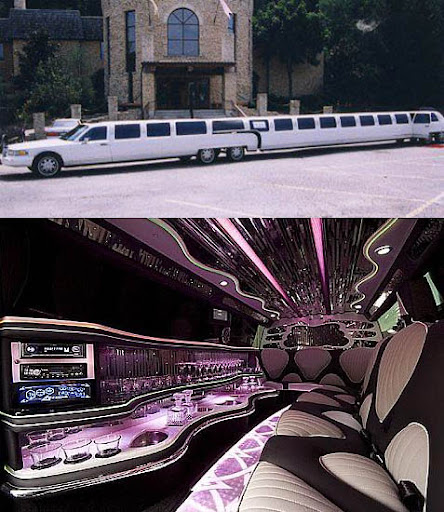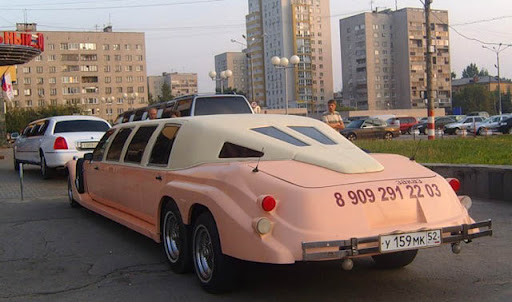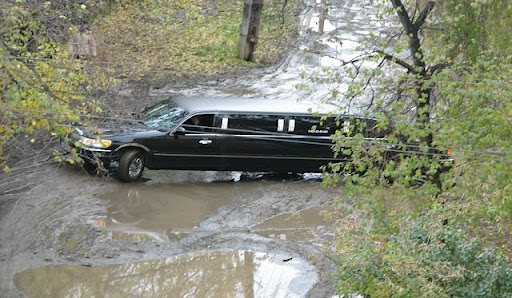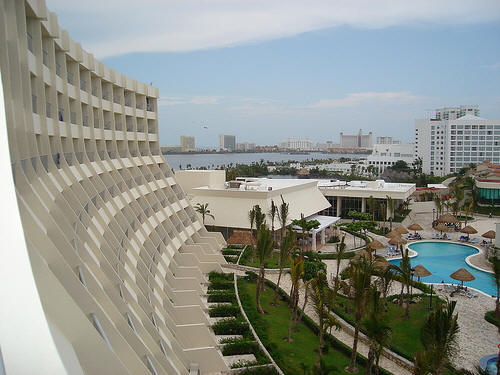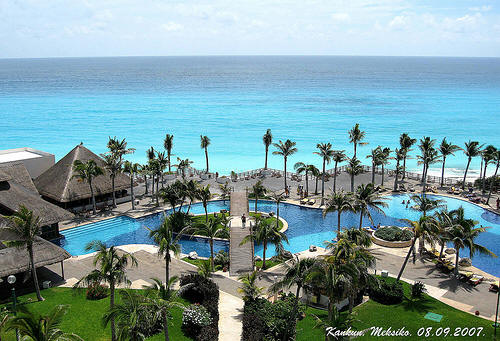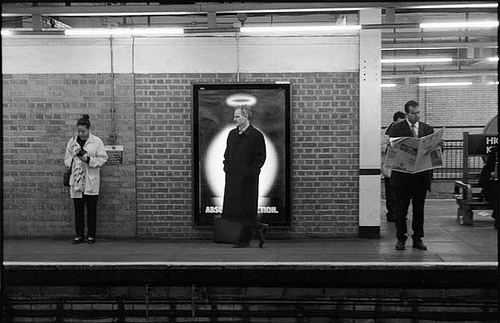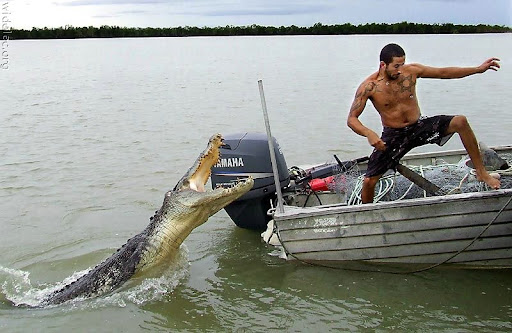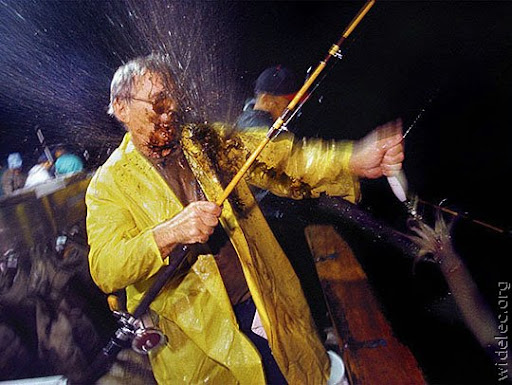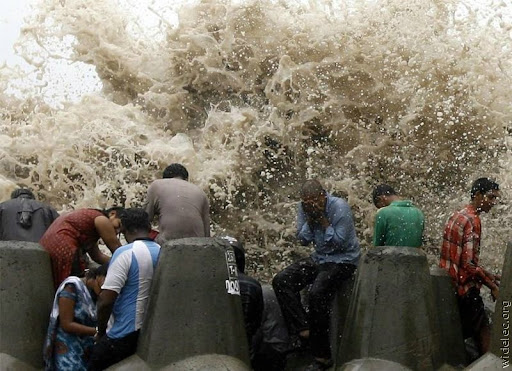|
|
Friday, July 31, 2009
Tuesday, July 28, 2009
Travel Shot - Cancun, Mexico
Travel Shot - Cancun, MexicoHand-picked by computer, CANCÚN is, if
nothing else, proof of Mexico's remarkable ability to get things done in a hurry
if the political will is there. A fishing village of 120 people as recently as
1970, it's now a city with a resident population of half a million and receives
almost two million visitors a year. To some extent the computer selected its
location well. Cancún is marginally closer to Miami than it is to Mexico City,
and if you come on an all-inclusive package tour the place has a lot to offer:
striking modern hotels on white-sand beaches; high-class entertainment including
parachuting, jet-skiing, scuba-diving and golf; a hectic nightlife; and from
here much of the rest of the Yucatán is easily accessible. For the independent
traveller, though, it is expensive, and can be frustrating and unwelcoming. You
may well be forced to spend the night here, but without pots of money the true
pleasures of the place will elude you.
There are, in effect, two quite separate parts to Cancún: the zona commercial downtown – the shopping and residential centre which, as it gets older, is becoming genuinely earthy – and the zona hotelera, a string of hotels and tourist amenities around "Cancún island", actually a narrow strip of sandy land connected to the mainland at each end by causeways. It encloses a huge lagoon, so there's water on both sides.
|
Saturday, July 25, 2009
Subscribe to:
Comments (Atom)
You are the
 visitor
visitor





